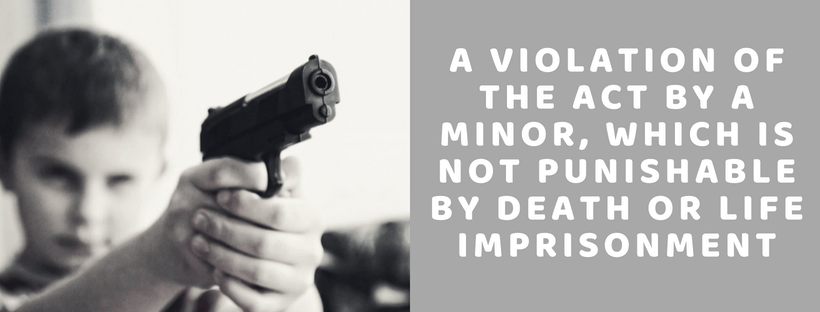Wisconsin man facing sex crimes charges of child pornography
When a Wisconsin resident faces allegations of committing sex crimes, the thought of mounting a criminal defense can seem overwhelming. It’s important for accused individuals to remember that it’s the job of the prosecutors to prove the allegations by presenting evidence in court. The burden of proof is high, and it is always set upon the government officials making claims of sex crimes, not upon the defendant facing the charges. That stringent burden of proof does not get lowered even when someone has previously been convicted of similar charges.
Recently, Wisconsin authorities arrested a registered sex offender and charged him with possessing child pornography, along with failing to update information to the state’s sex offender registry. The arrest reportedly came about due to an investigation police were making into child pornography in the area. They arrested the man after exercising a search warrant at the home of his mother. Police maintain that the man admitted to them that he had been viewing pornographic images containing pre-teen girls.
Additionally, police said that investigation had demonstrated that the man moved from his listed residence in Cudahy to Waukesha several weeks earlier, but had not updated his address on the sex offender registry. The 24-year-old man could receive as much as 106 years in prison if convicted of all the allegations made against him. He will remain free on a $5,000 bond while he waits for trial.
Sex crimes charges are certainly serious and can greatly impact those who face them, especially after a prior conviction. However, Wisconsin provides that those accused of a crime in our state are fully entitled to the presumption of innocence unless and until prosecutors can prove otherwise in court. The government will not automatically win a case against an individual simply because they have been accused of similar charges previously. The law sets the bar high in criminal cases in order to help protect citizens from being wrongfully convicted without compelling proof.




